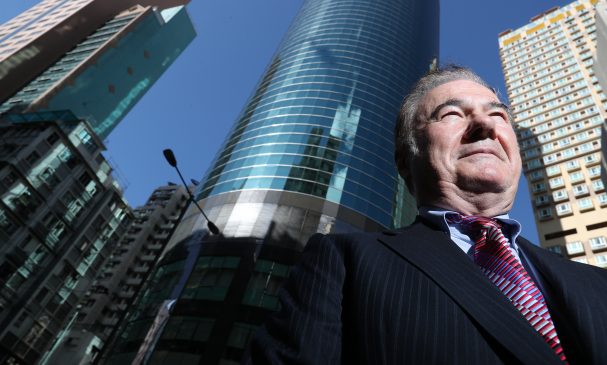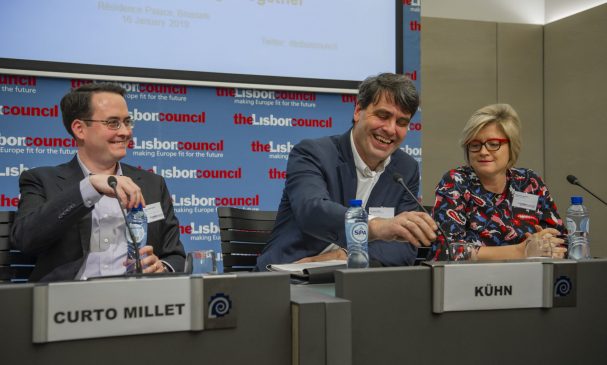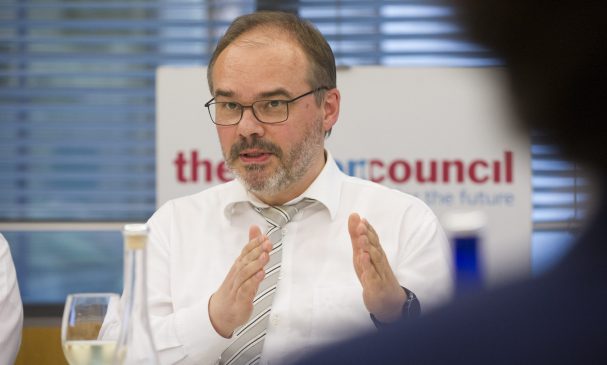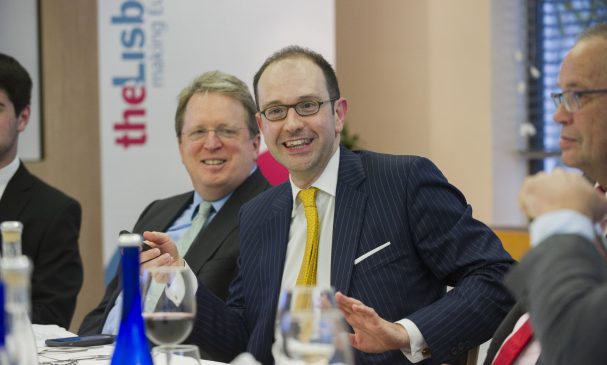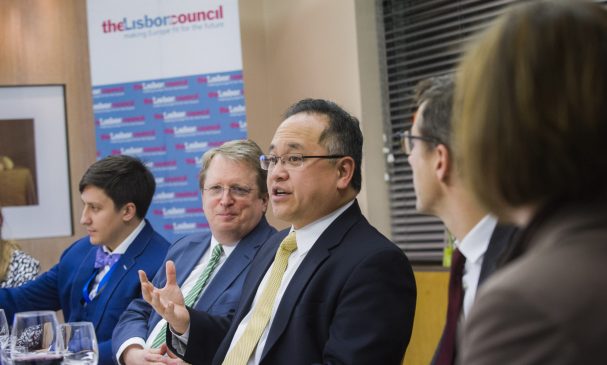The European Commission has set out to re-define Europe’s relative position in the digital economy. Proposals promising to “restore digital sovereignty,” ensure a “level playing field” and encourage “innovation” have sprung up like mushrooms, often with more aspiration than strategy behind them. Ex-ante regulation and “a new competition tool” are now proposed, offering the prospect of regulating markets before those markets have even taken shape. Success in these areas will require two important things: 1) a firm grasp of the rapidly changing economy where traditional definitions of market, entry barriers, consumer welfare, data access and public/private collaboration are changing every day; 2) a close eye on the models we use to understand how citizens consume goods and services and drive innovation.
With these thoughts in mind, the Lisbon Council launched Competition Economics – a high-level community of economists, lawyers, policymakers, startups, programmers, digital aficionados, experts and other stakeholders – that will discuss the European Commission’s evolving stance on competition and the emerging policy debate. Drawing on the evidence and insight of global experts and leading professors, it will analyse key challenges and conceptual issues arising from the digital economy and the evolving effort to regulate a new economy with a fundamentally different economic and social dynamic behind it. The discussion will contribute to better paradigms for advanced and judicious decision making, and help build greater consensus among regulators and the regulated on how best to keep Europe at the forefront of global innovation and how to build the better society we aspire to.
To date, leading global professors have led deep-dives on key trends in competition policy on topics as diverse as open source, “the challenge of fragmentation,” market dynamics in an era of zero-marginal-cost communication. Torsten Körber, chair for civil law, competition law, insurance law, corporate law and regulatory law at Georg-August-Universität Göttingen; Renato Nazzini, professor of law at King’s College London and non-governmental adviser to the International Competition Network (ICN); Christopher Yoo, director of the centre for technology, innovation and competition at the University of Pennsylvania Law School. Future topics will include ex-ante regulation, app-economy business models, the impact of size-based discrimination in regulation (thresholds and their cousins) and the emerging “populist” trend in (formerly) economy-driven competition policies.
